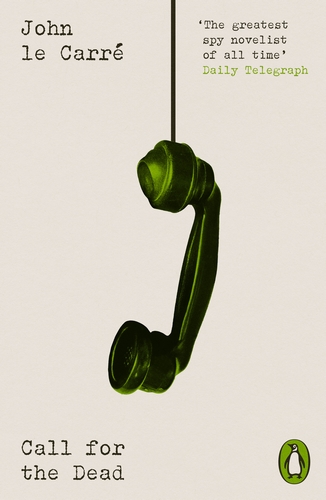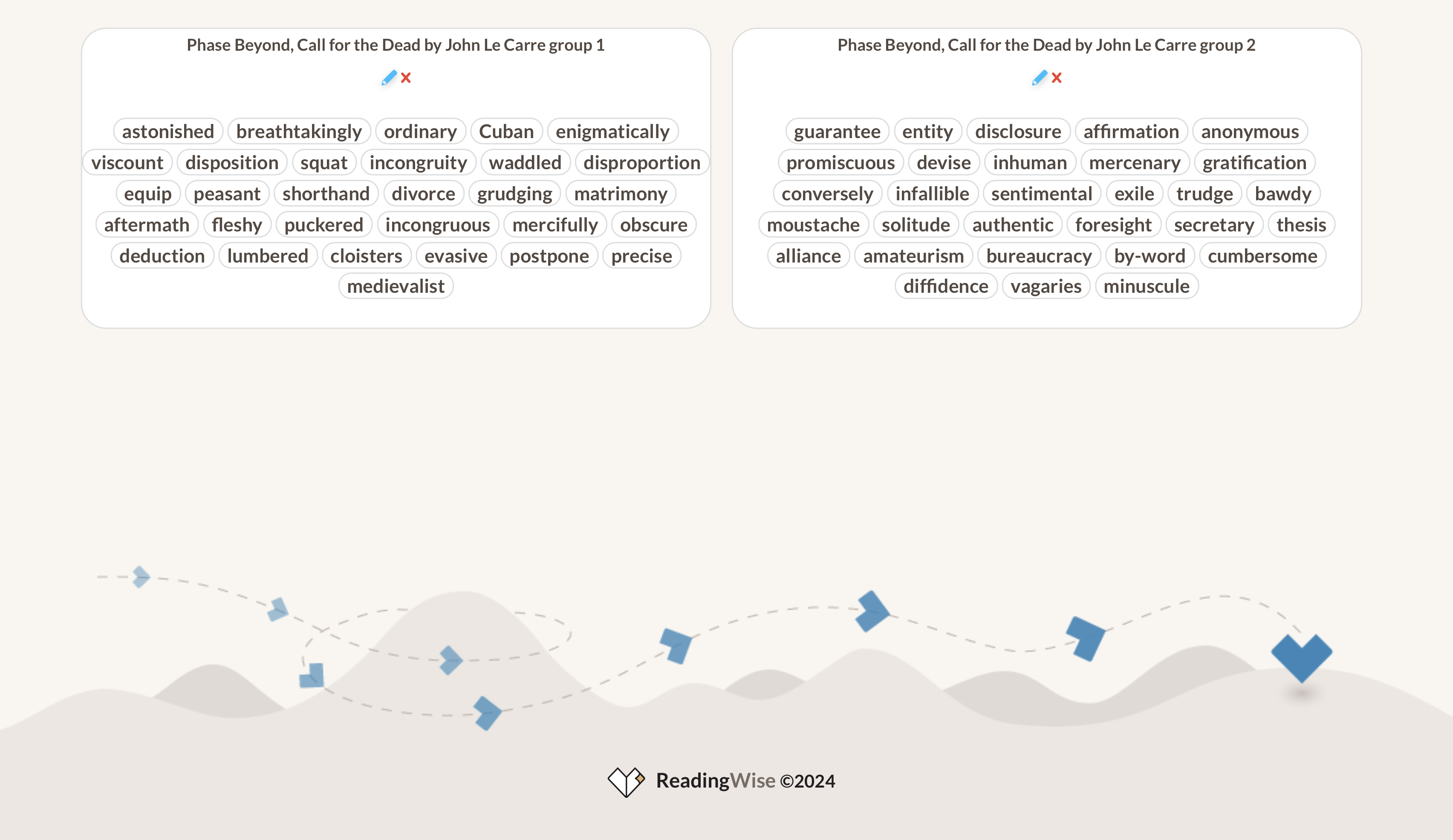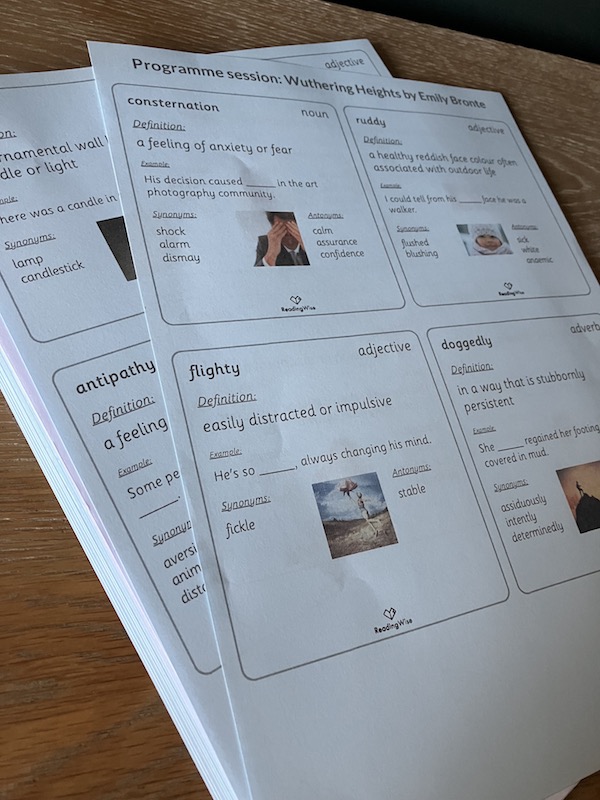
Call for the Dead, by John le Carré, is a gripping and masterfully crafted novel that provides an insight into the shadowy world of espionage during the Cold War. The story introduces us to George Smiley, a quietly brilliant intelligence officer, as he unravels a complex web of deceit and betrayal following the apparent suicide of a Foreign Office official, Samuel Fennan. This incident sets off a chain of events that forces Smiley to confront both professional and personal challenges.
The main plot follows Smiley's investigation into Fennan's death, which he suspects is more than it appears. As he digs deeper, Smiley uncovers connections to East German intelligence and a potential mole within British intelligence. The narrative is rich with suspense and unexpected twists, reflecting the paranoia and tension of the Cold War era. Smiley's meticulous and methodical approach to solving the mystery showcases his keen intellect and resilience, making him a compelling protagonist.
John le Carré, who worked for both MI5 and MI6, brings an authentic and nuanced perspective to the spy genre. His insider knowledge and experience lend credibility and depth to the narrative, setting it apart from other espionage thrillers. "Call for the Dead" marked le Carré's debut novel and established him as a significant voice in the genre. The book has been praised for its intricate plotting, well-drawn characters, and atmospheric tension.
The language used in "Call for the Dead" is sophisticated yet accessible, making it suitable for readers with a keen interest in literary fiction and espionage. Our word lists support learning in this area by providing vocabulary and contextual understanding relevant to the book's themes. This novel is particularly suited for advanced readers, offering rich material for discussions on loyalty, morality, and the complexities of human behaviour.
Classroom discussions can focus on various aspects of the book, such as the ethical dilemmas faced by intelligence officers, the psychological impact of espionage, and the historical context of the Cold War. The genre of spy fiction provides a gateway to exploring real-world issues of secrecy, power, and trust. Additionally, le Carré's narrative technique and character development offer valuable lessons in storytelling and the construction of suspense.
"Call for the Dead" remains an essential read for its incisive exploration of espionage and human nature. It serves not only as a captivating thriller but also as a reflection on the moral ambiguities and personal costs of a life in intelligence. Teachers and students alike will find it a thought-provoking addition to the curriculum, fostering both critical thinking and historical awareness.
See below for ‘Call for the Dead’ words. You can also access an editable list here.

Vocabulary Cards
As well as word lists, we also offer free use of our vocabulary cards, which can be downloaded as a PDF for use in class. Complete a short form and we will email you the cards straight away.
Vocabulary cards include:

- Definition;
- Word type;
- Synonyms and antonyms;
- Example sentence;
- Image.
Check out our weekly lists every Wednesday! Click here for last week's curation...
The Vocab Module - How it Works
Find out more about our Vocab module. It's simple, online, and each learner has their own username and password. You (the teacher) allocate the word list you'd like your class to work on... and away they go!









